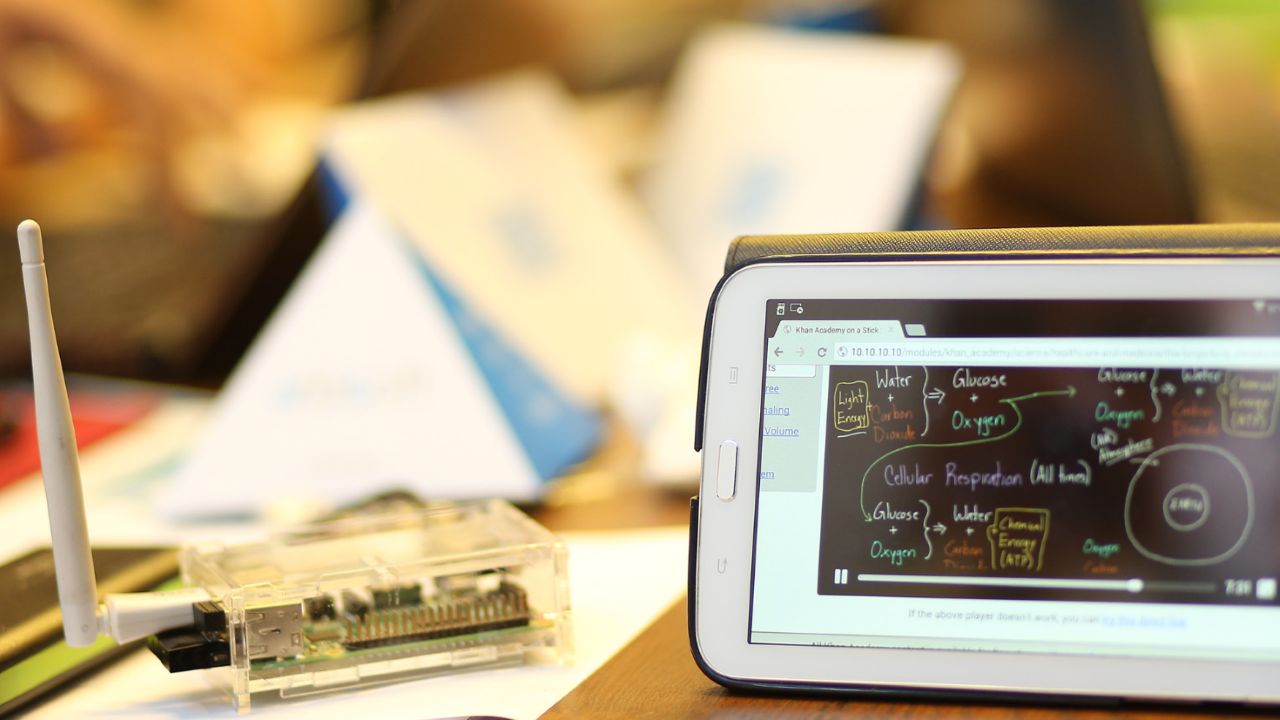
After spending six and a half years as a UX Designer at Yahoo!, I decided to quit my job to find a more meaningful way of using technology to create impact in society. I became a Code for America (CfA) Fellow in 2012 and it was here that I started to learn about building startups, government and civic innovation. I realized that the daily lives of citizens are so dependent on the government to provide them with basic necessities that there was no way the government could be kept out of the equation if one truly wanted to improve citizens lives. As citizens, our relationship with government tends to be transactional at best- vending machine style. The gap of mistrust between citizens and their government keeps widening as the rest of society progresses and our expectations of the ability of public services to keep up fall further behind. I wondered what would happen if the interaction with public services and the government wasn't so painful? What is every trip to a government office was a positive, easy experience? What if citizens started to use our skills to create solutions? This was the thought process that gave birth to Code for Pakistan in 2013.
We started off with a small Hackathon at T2F in Karachi, organized with the help of Sabeen Mahmud. With 10 days to plan the event, we were unsure if anyone would show up. But before we knew it, doctors, engineers, government employees, students, and professionals had signed up, making our first civic hackathon a huge success. The Hackathon proved that citizens wanted to use their skills to innovate and improve public services. The rest was history! Since 2012, Code for Pakistan has served as a civic innovation platform to a passionate community of talented professionals and students in Pakistan and the US, driven by a strong belief in civic innovation and social impact that can move Pakistan forward in measurable and meaningful ways. Today, we have organized 8 successful hackathons, launched Civic Innovation Labs in Islamabad and Rawalpindi, finished two cycles of our very own KP Civic Innovation Fellowship Program in partnership with the KP Government, and partnered with civil society organizations and the public sector to open data and use technology to create solutions to pressing problems in the country. The aim behind all of this is to transform the citizen-to-government interaction and improve citizens lives. Our work has shown what is possible in Pakistan. In 2017, we hope to deepen the impact of our work. The driving force behind CfP's work is our exceptional team of volunteers and professionals. Thank you for all that you do and thank you for making Code for Pakistan a success. I'm very excited to see us grow together in 2017